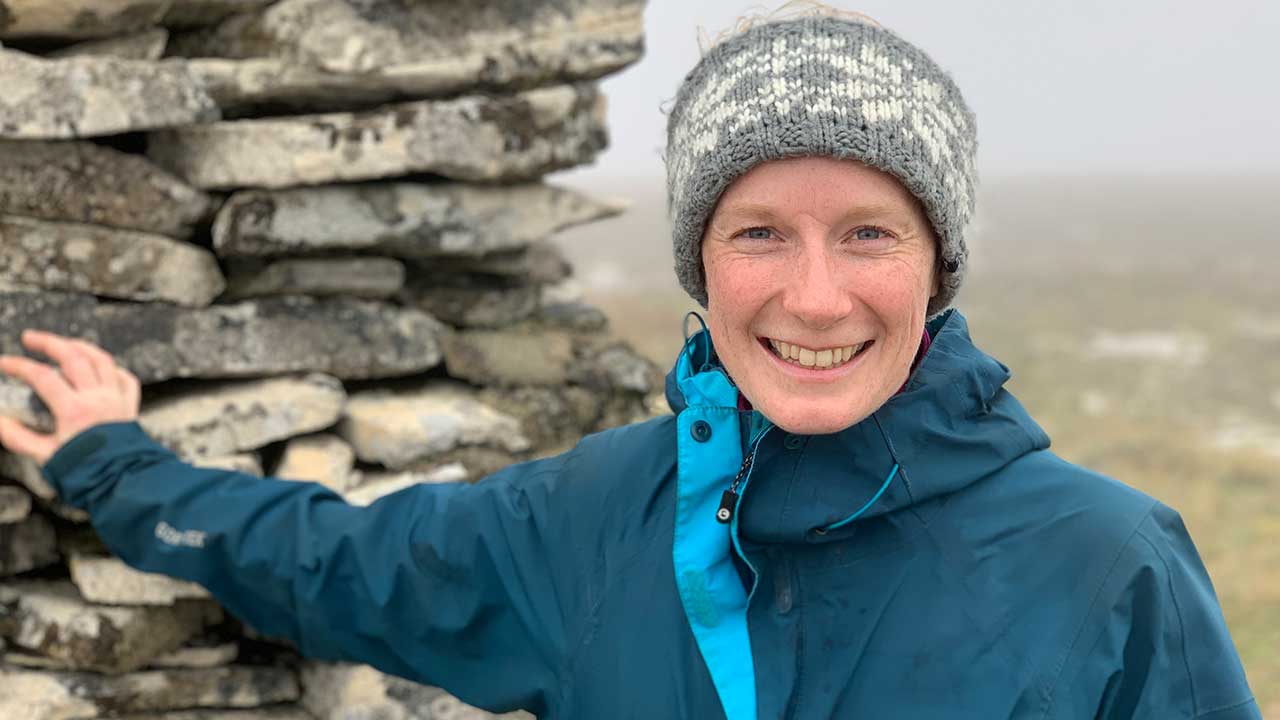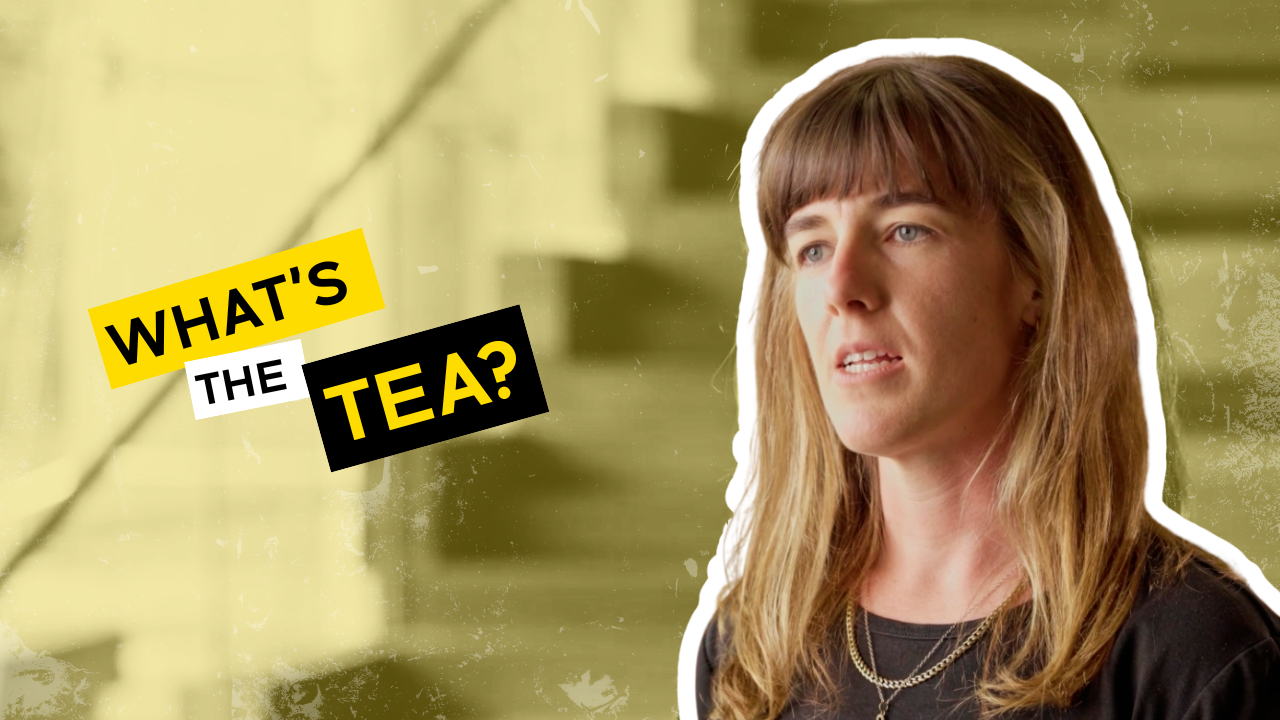Zoë Thomas on the 'Adams Event'

42,000 years ago the temporary breakdown of Earth’s magnetic field sparked major climate shifts that led to global environmental change and mass extinctions. This dramatic turning point in Earth’s history – laced with electrical storms, widespread auroras, and cosmic radiation – was triggered by the reversal of Earth’s magnetic poles and changing solar winds.
Zoë Thomas was part of the research team that made this discovery which was published in 2021. In this podcast, hear how this incredible discovery was made, exactly what occurred 42,000 years ago and the impact this has had on life on Earth.
This podcast is hosted by Cat (Catharina) Vendl from UNSW Sydney, presented by the UNSW Centre for Ideas and is supported by Inspiring Australia as a part of National Science Week.

Zoë Thomas
Zoë Thomas is an ARC DECRA Fellow based at the UNSW Sydney. She has broad research interests in using natural archives from the past to understand future climate and environmental change. Her current work involves the understanding of tipping points and positive feedbacks within the Earth system, and determining the timing, teleconnections, and impacts of past atmospheric circulation change. She is a co-author of the paper, ‘A global environmental crisis 42,000 years ago’ published in Science.

Cat (Catharina) Vendl
Cat Vendl is a wildlife health researcher and science communicator in the Inter-Disciplinary Ecology and Evolution Lab at the Evolution & Ecology Research Centre in the School of Biological, Environmental and Earth Science at UNSW Sydney. In April 2020 she completed her PhD in the Mammal Lab at UNSW, where she investigated the respiratory microbiome of whales and dolphins and its potential use as an indicator for individual and population health. Cat also co-hosts The Boiling Point, a weekly science radio show and podcast, where she discusses fascinating findings in biology, astronomy, psychology, and interviews researchers about their work. Follow Cat on Twitter: @ScienceCath



